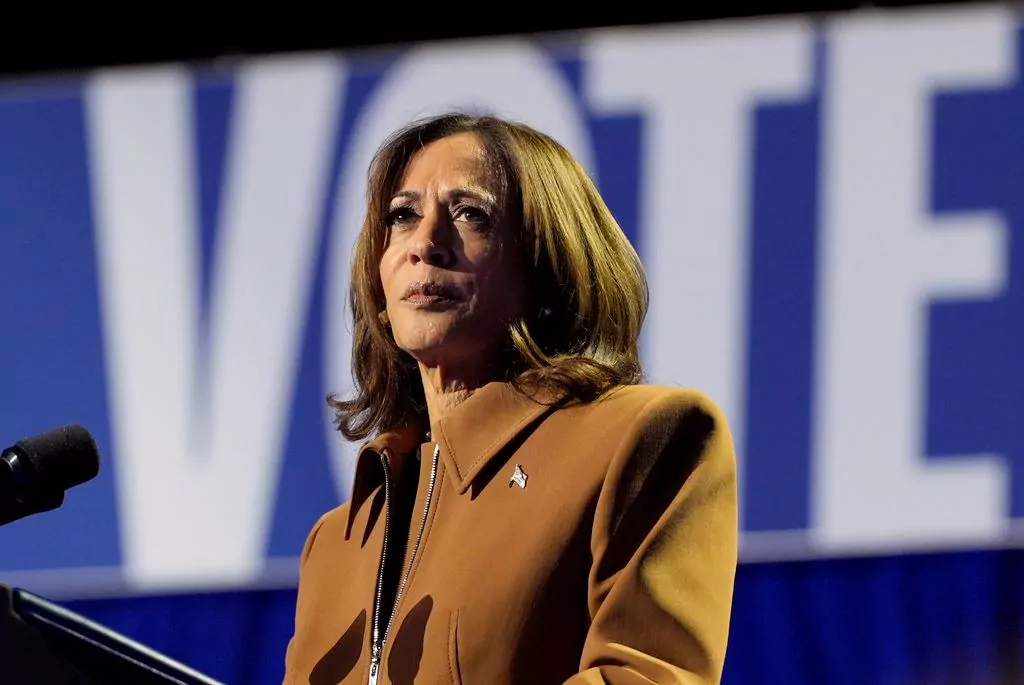

An ABC News-Ipsos poll published Sunday found independents are split regarding Harris and Trump, 48% to 47%, a demographic that President Joe Biden led by 13 points over the former president before he suspended his campaign this summer. Harris only has a 1-point edge.
With the 2024 election as close as it is, the race will be decided at the margins — for the last 12 presidential contests, the candidate who has won independents made it to the White House.
The poll’s top lines include that Harris has an in-the-margin-of-error lead over Trump among all registered voters, 49-47%, and is slightly ahead among likely voters, 51-47%, with pro-Harris voters more motivated to vote, 88% to 85%.
Harris is also performing better among Hispanic voters and suburban women, compared to last month, while maintaining her level of support among black voters. For example, she now has a 30-point lead on Trump among registered Hispanic voters, 64% to 34%, in contrast to September when she was 23 points ahead. Among black voters, she has an 83-point lead, 90% to 7%. Four weeks ago, she was 64 points ahead.
Trump’s best demographics include rural voters, non-college white men, and younger men.
CLICK HERE TO READ MORE FROM THE WASHINGTON EXAMINER
Meanwhile, Trump’s best issues include immigration, the economy, inflation, and the conflict in the Middle East. Harris’s are abortion, healthcare, protecting democracy, and helping the middle class. Trump leads on the economy by 8 points among registered voters, 40-48%, but he was 7 points ahead in September. The poll found that fewer voters described the economy as their most important issue.
The poll was conducted for ABC by Ipsos and Langer Research Associates online from Oct. 18-22 in English and Spanish among a random national sample of 2,808 adults, including 2,392 registered voters and 1,913 likely voters. Its findings have a margin of sampling error of 2 points for registered voters and 2.5 points for likely voters.






